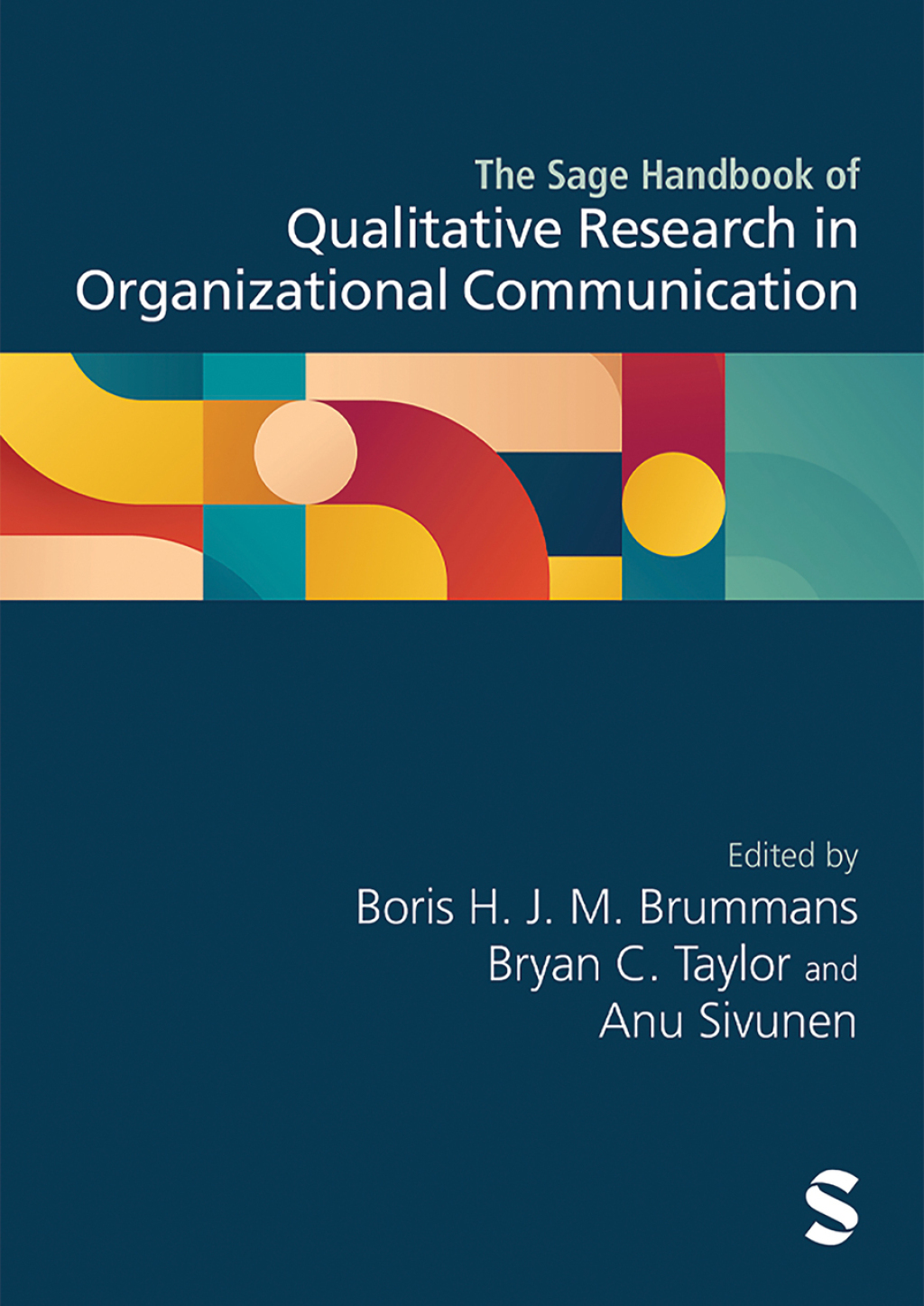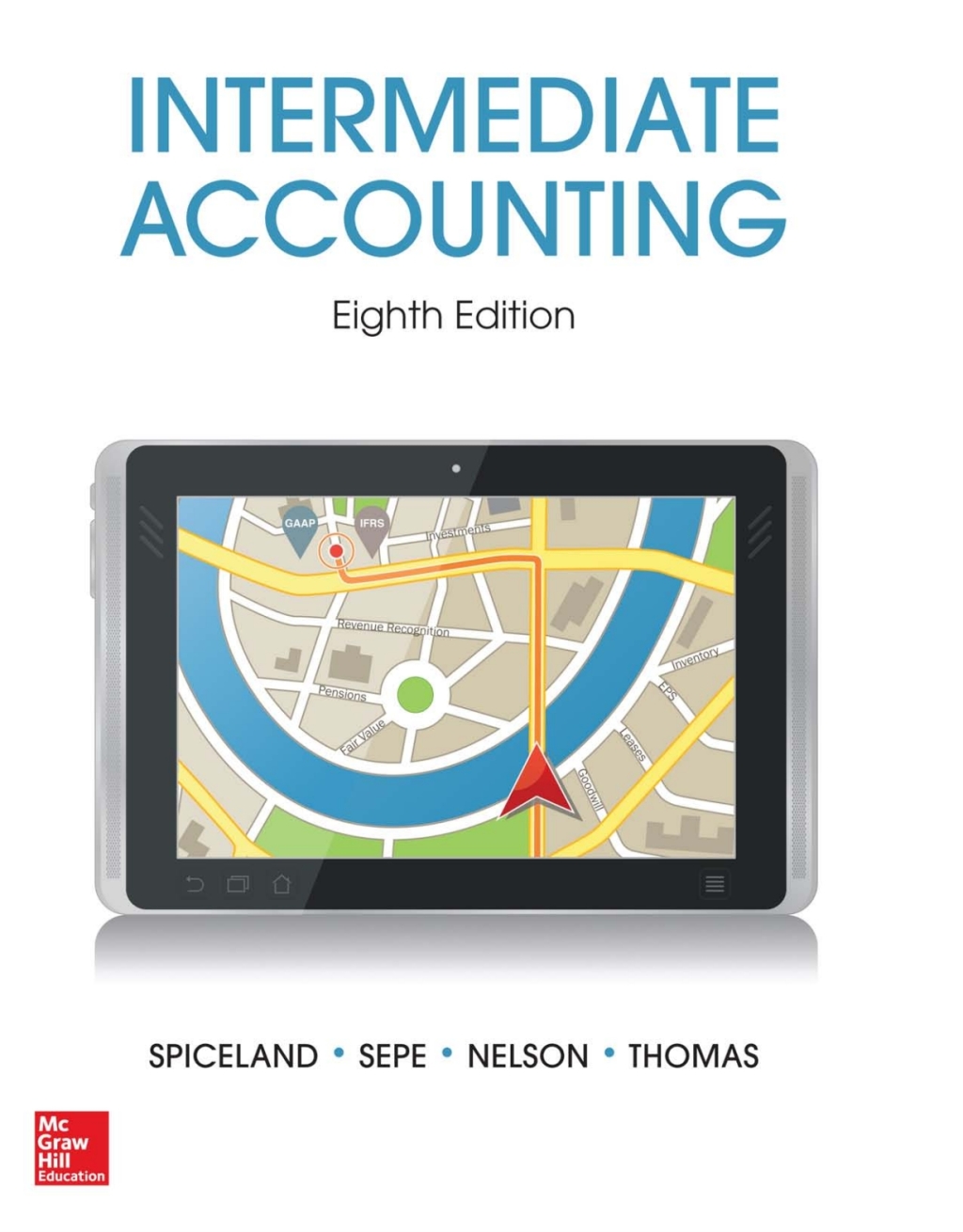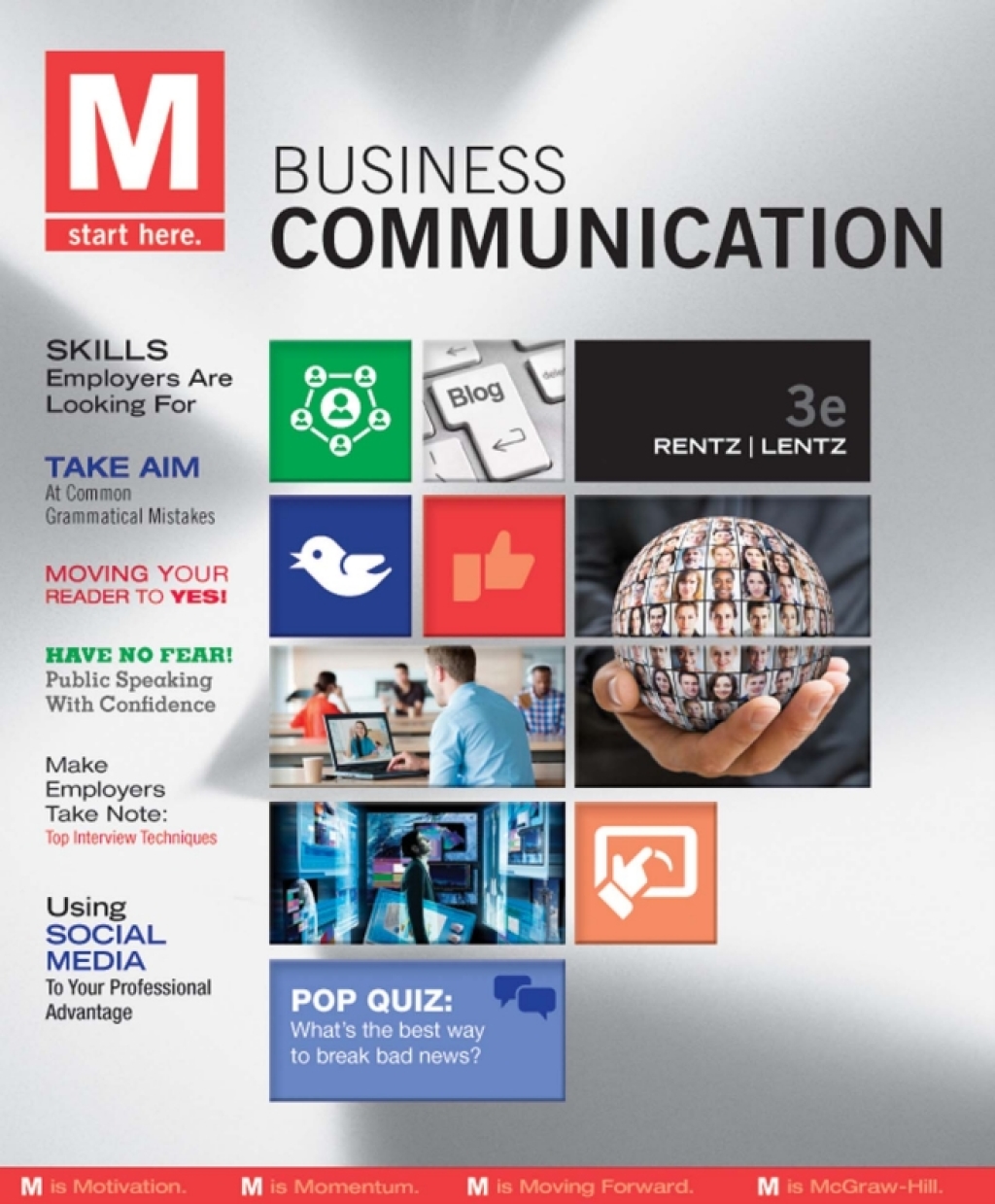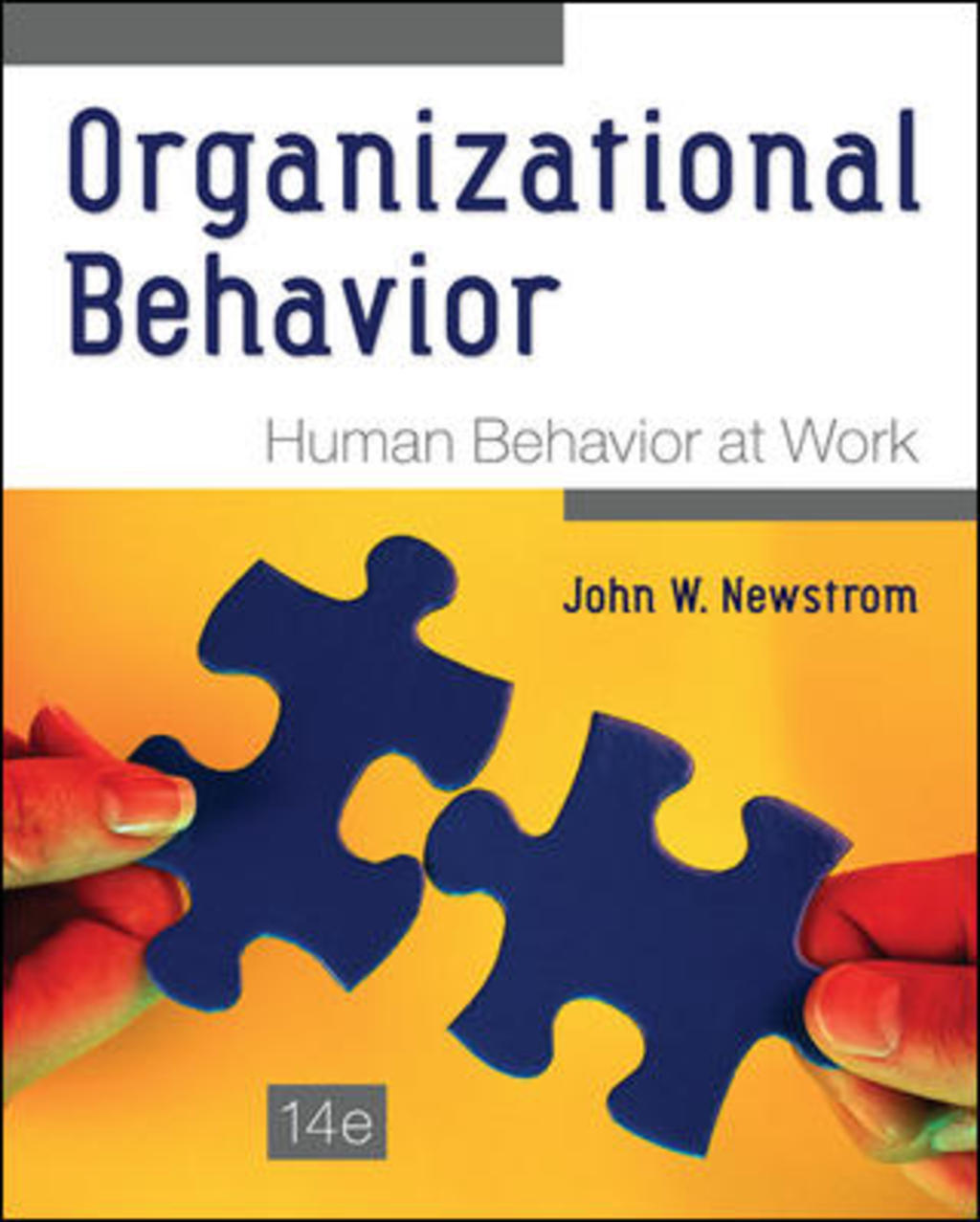Description
The Sage Handbook of Qualitative Research in Organizational Communication is a state-of-the-art resource for scholars, students, and practitioners seeking to deepen their understanding and expertise in this dynamic field. Written by a global team of established and emerging experts, this Handbook provides a comprehensive exploration of the field’s foundational traditions of epistemology and theory, as well as its latest methodologies, methods, issues, and debates. The volume reflects a diverse range of approaches (e.g., mixed-methods, ethnographic, rhetorical, pragmatist, phenomenological, feminist, critical race, postcolonial, queer, and engaged), and covers a broad spectrum of topics ranging from data collection and analysis, to representation. Additionally, this Handbook addresses emerging trends such as digital forensics, post-qualitative research, and the transformative impact of COVID-19 on the conduct of qualitative research in organizational communication. As the first volume of its kind in this field, The Sage Handbook of Qualitative Research in Organizational Communication is a cornerstone text for scholars, students, and practitioners interested in understanding the vital role of communication in organizational life. Part 1: Approaches to Qualitative Organizational Communication Research Part 2: Data Collection in Qualitative Organizational Communication Research: Methods and Issues Part 3: Data Analysis and Representation in Qualitative Organizational Communication Research: Methods and Issues Part 4: The Future of Qualitative Organizational Communication Research










